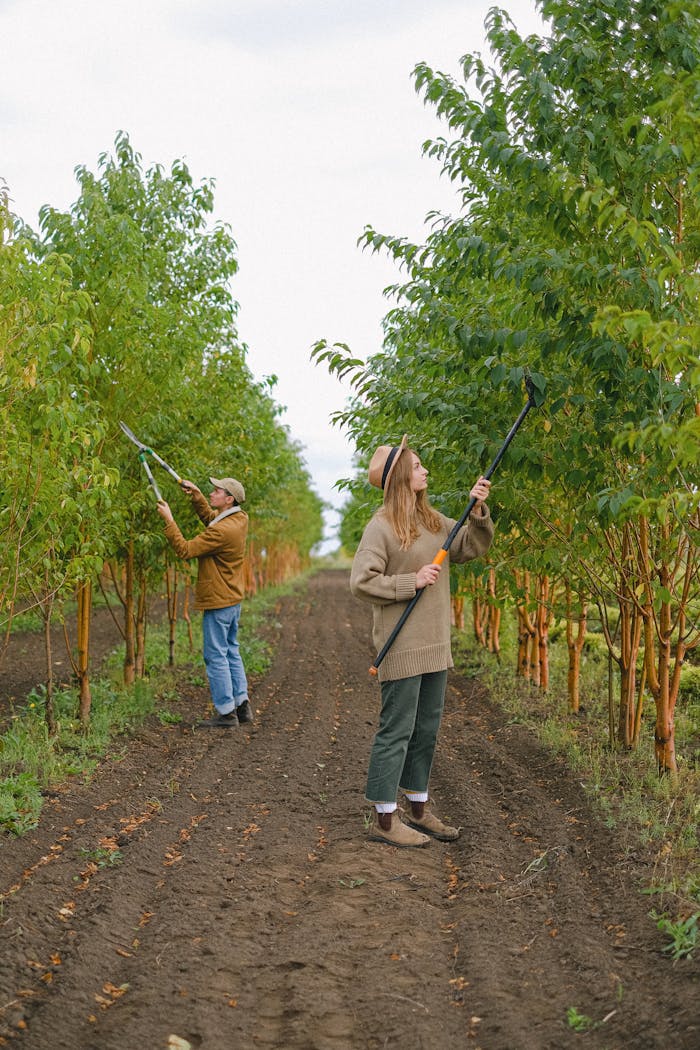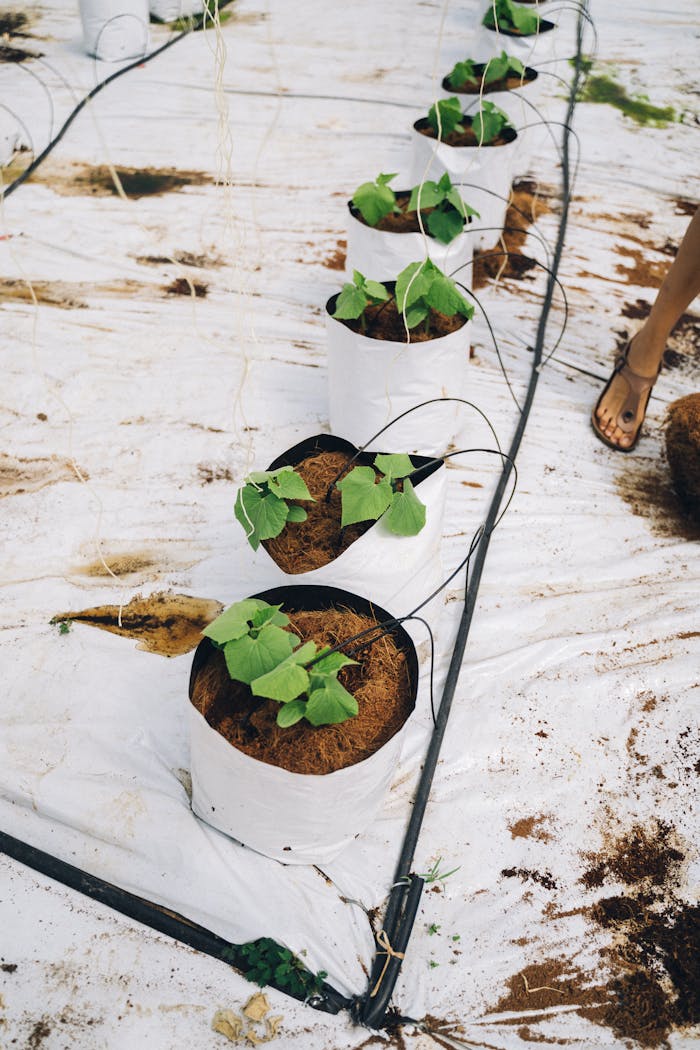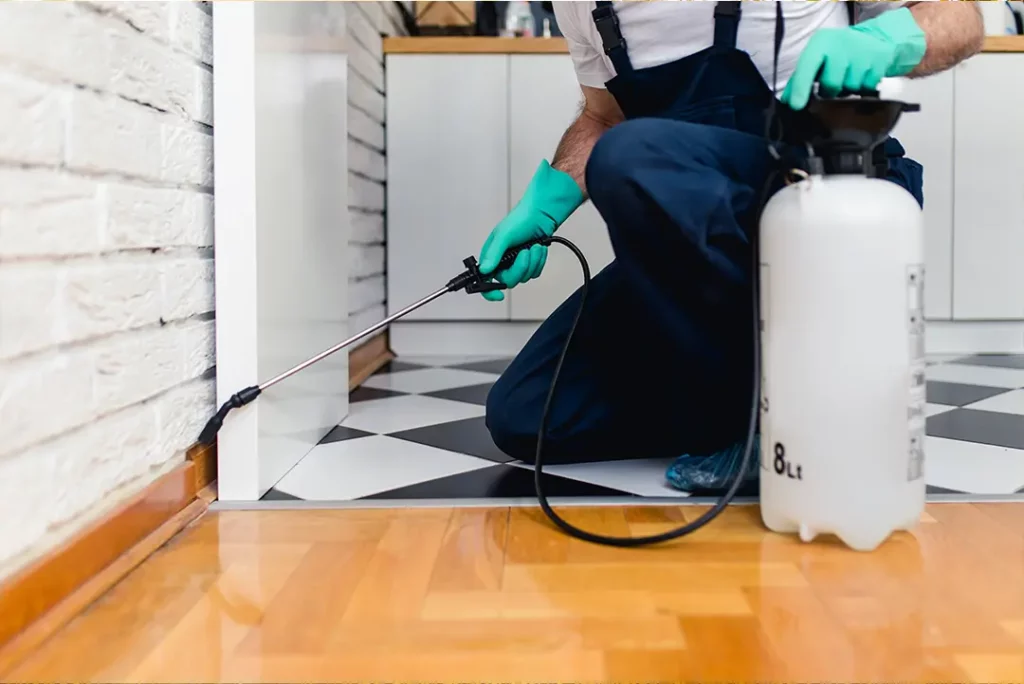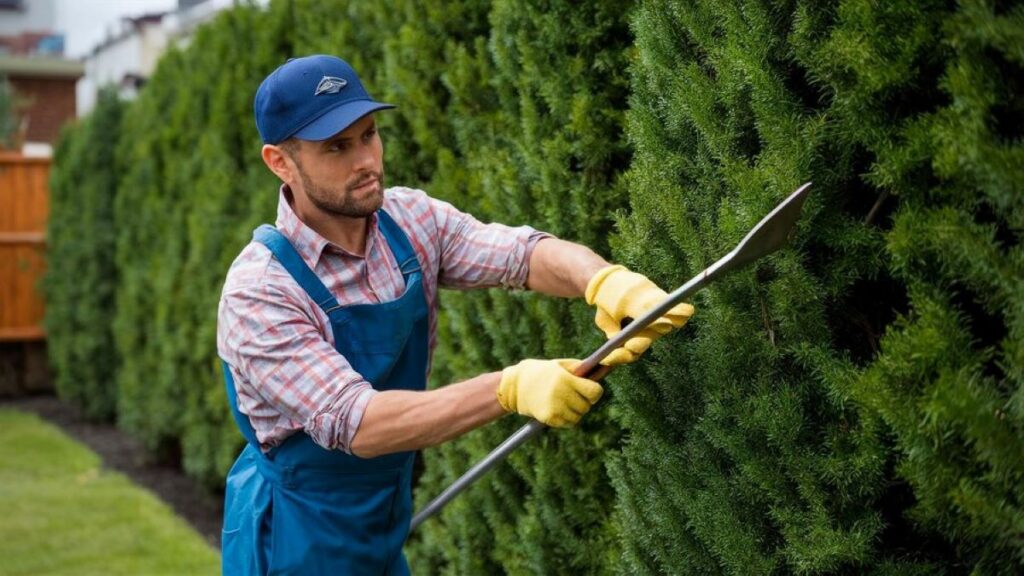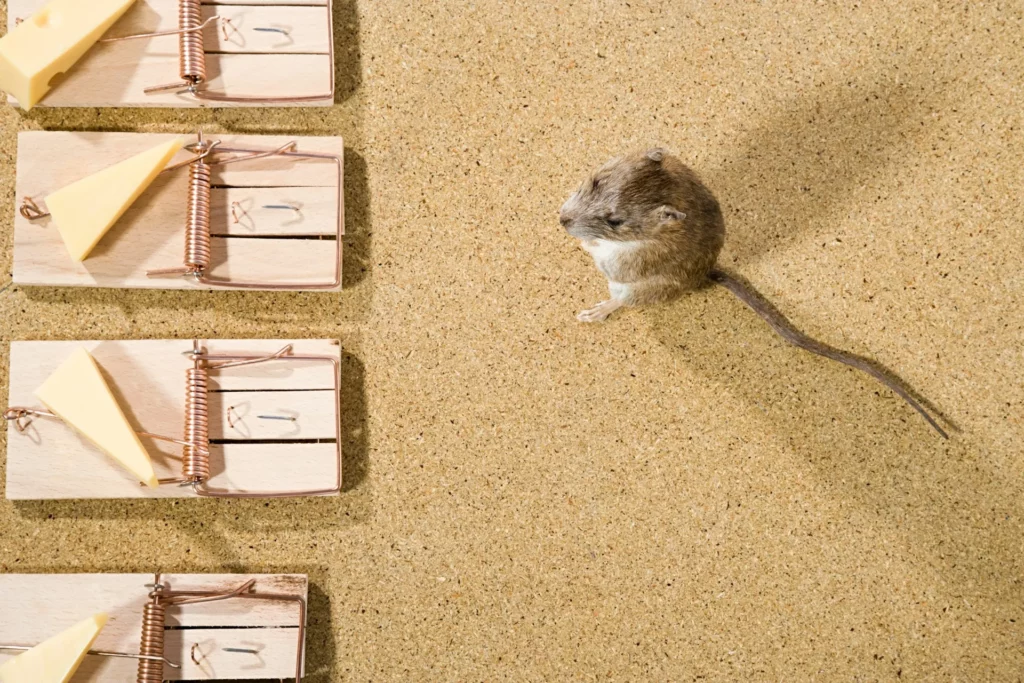
Resources
Dive into a wealth of practical information, guides, and essays tailored for agrarian enthusiasts and aspiring homesteaders seeking sustainable solutions.
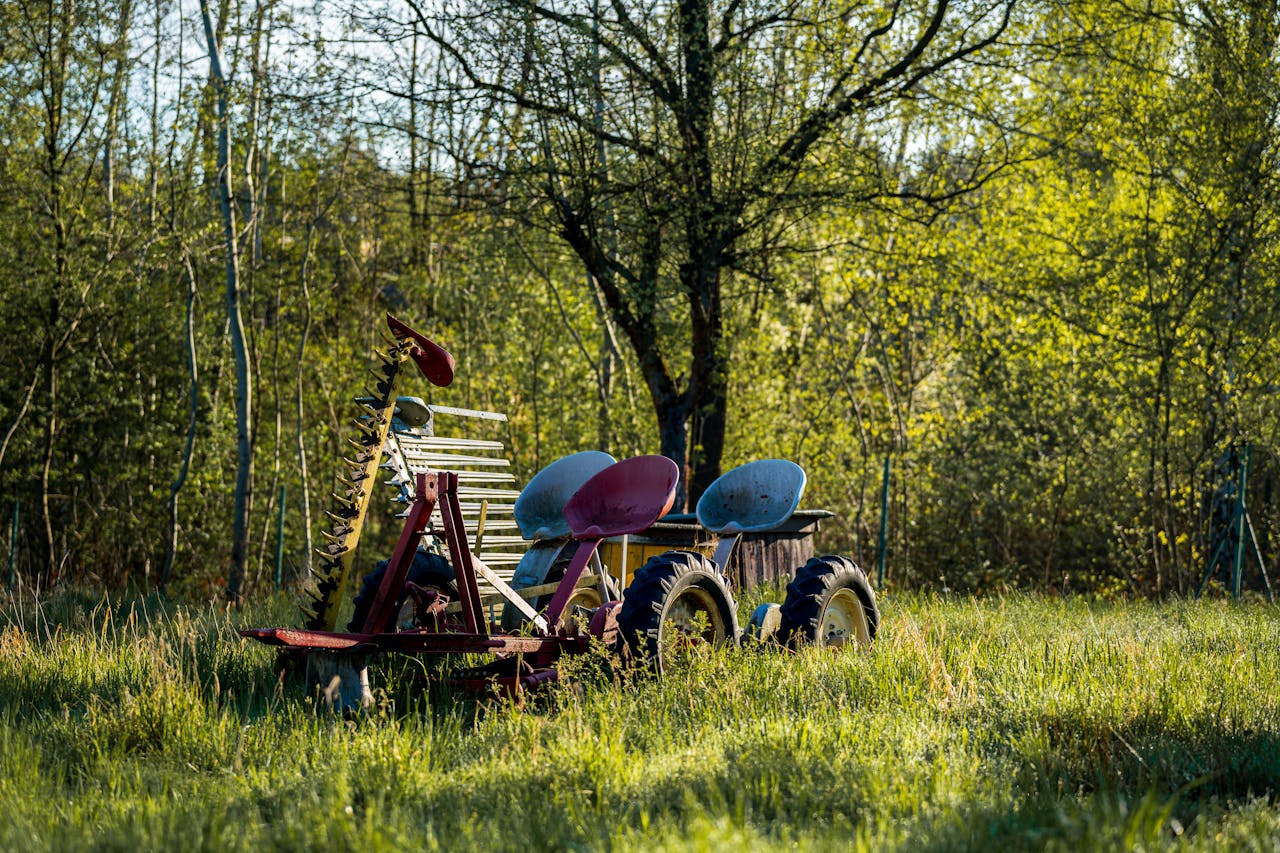
Community Support
Connect with like-minded individuals who share your passion for independent living. Join our virtual space to learn and grow together.

Educational Content
Access timely insights and timeless wisdom through our regularly updated blog, focusing on traditional farming and self-sufficiency practices.


Our Blog
Mice Removal Sydney Tips from Local Pest Specialists
What Challenges Do Homeowners Face with Mice Infestations in Sydney? Mice infestations create serious health…
Mouse Removal Sydney: Why Do Mice Come Back After Treatment? Experts Explain
Mouse removal Sydney services often receive frustrated calls from homeowners asking the same question: why…
What Is Hedge Shaping and Why Does It Make Such a Huge Difference to Garden Design?
What Is Hedge Shaping and How Is It Done? Hedge shaping is the intentional practice…
Hedge Trimming Sydney: 10 Ways to Keep Hedges Neat Without Damaging Growth
How Can You Maintain Healthy and Attractive Hedges in Your Sydney Garden? Hedge trimming Sydney…
The Complete Guide to Tree Lopping Services in Australia
Tree lopping has become one of the most requested tree services in Australia, especially in…
Rat Pest Control Sydney: Are Natural Repellents as Effective as Traps?
What Are the Common Rodent Species Affecting Sydney Homes? Three primary rodent species plague Sydney…
